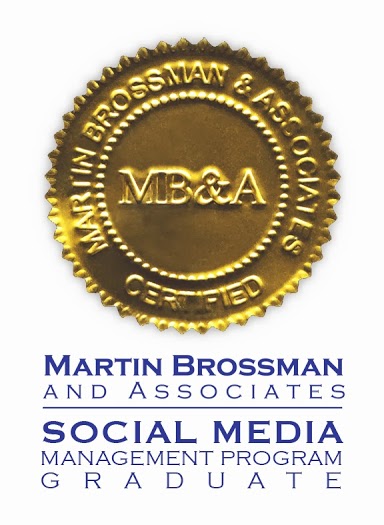When rich people get together, they talk about art. When artists get together, they talk about money.*
It’s not all that different for small business owners who are not “rich.” You don’t have to be in our company very long at all before someone will bring up the “P” word: “Pricing.” Many business owners, particularly solopreneurs, struggle with pricing; with setting prices, raising prices, and holding the line on discounts. We should all, probably, raise our prices. We write blogs about how to raise prices, and when, and tell each other to hold the line on discounting, and not to cave immediately when a client is quiet after we tell him our price, and etc.
If talking about pricing were all it took to master the subject, the delta between “small business owners” and “rich small business owners” would not be as big as it is.
A friend told me of a prospective client who wouldn’t pay $500 to appeal a case to the Employment Security Commission. If the appeal were successful, the client would be eligible for unemployment compensation; if no appeal was filed, the woman got nothing except the opportunity to find a new job. My friend wondered if her rates were too high. Should she have offered a discount?
I gave the problem some thought. The fee was equivalent to one or two weeks of unemployment compensation, depending on the person’s salary at the last job. A successful appeal, which was likely, would have brought at least 26 weeks of unemployment compensation (less, of course, when the person found a new job). By my calculations, that’s between a 1:13 to 1:26 return on investment, with a 90% certainty. Certainly, better odds than the State Education Lottery.
Why would someone NOT pursue the case? Of course, it has been a long time since I couldn’t find $500 when I needed it. On the other hand, I got out of that hole by recognizing how MANY problems in my life could be solved by the application of a bit of cash, and so made a point of accumulating some for rainy days.
Later that evening, I thought, “Drug dealers don’t give discounts.” People who want / need to buy crack come up with the money all day (and night) long. Examples came thick and fast. Tow truck drivers get paid up front, in cash, or you don’t get your car back. The DMV and its associated agencies don’t make deals. Bail bondsmen get their 10%, or they don’t drive to the jailhouse.
Willie Nelson sings, “My heroes have always been cowboys.” Keeping with the rhythm, the next verse could start with, “My tenants have always had cable, and they still do, it seems,” even though they may be late on the rent.
In contrast, a girlfriend tells a story about receiving a bill from the IRS for $100,000 of delinquent taxes (plus fees & fines). Fighting the bill, which belonged to her ex-husband, cost her $6,000 in legal fees. She cleared the bill. I forgot to ask how she paid the lawyer. Her ROI was 16:1.
Dan Kennedy, that master of tough-minded thinking, says, “Someone who can barely afford your services today is going to be just as broke next week, only they won’t have the benefits that your services could have provided for them.”
You need to be able to provide your services to the people who need them, and in order to do that, you need to make a living. When your client is looking at a better than 10:1 return on money invested in your time, you don’t need to be discounting. Set your prices where they need to be, and hold the line.
*Source of quotation lost to time and repetition.
How have you learned to hold the line? Let me know in the comments.



Speak Your Mind